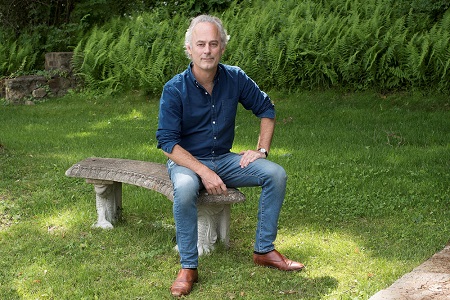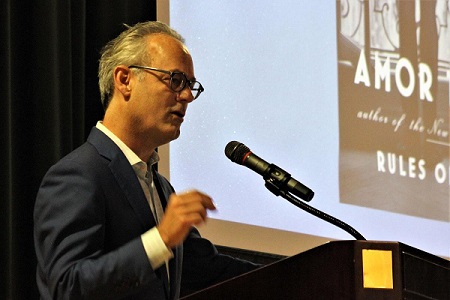A love triangle mixes with the epic historical drama of the life and career of socialist, journalist and activist John Reed today. Reed reported on the Russian Revolution in his book Ten Days That Shook the World, which held a large sway in the Warren Beatty directed and written movie Reds (1981). Trevor Griffiths also wrote Reds along with Beatty.
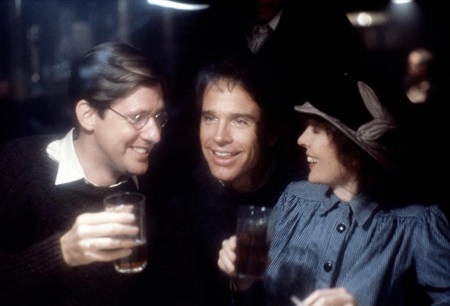
The movie Reds begins when suffragist and journalist Louise Bryant, married to another man at the 1915 encounter, meets radical John Reed for the first time at a lecture in Portland, Oregon. The intellectually engaging meeting convinces Bryant, portrayed by Diane Keaton, to join Reed, as portrayed by Warren Beatty, in Greenwich Village, New York City, New York. The womanizing ways of Reed is at odds with the idealism of his writing for Bryant.
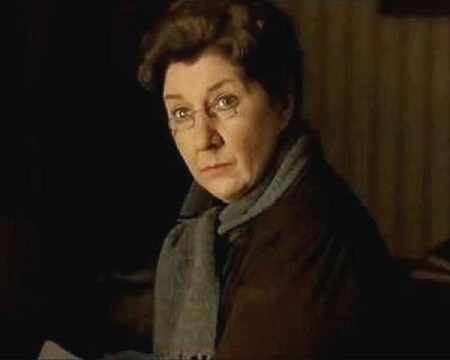
The opportunity to meet Emma Goldman and Eugene O’Neill in the district folds into conversations on writing and the radical feelings of the group. O’Neill and Bryant develop intimate feelings for each other in this period, as the strikes of the Industrial Workers of the World (IWW) alongside the St. Louis, Missouri Democratic presidential convention stirs Reed‘s passions even further. The subsequent marriage of Reed and Bryant hits the difficulty of Reed‘s infidelity, prompting professional, interpersonal and political turmoil between the pair. Goldman and O’Neill were portrayed by Maureen Stapleton and Jack Nicholson.
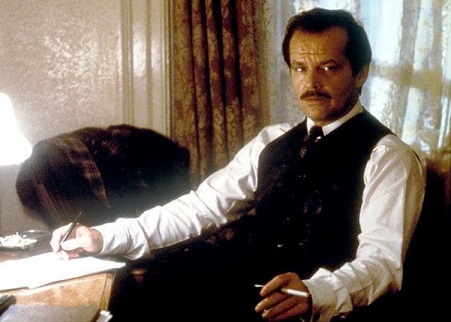
The story of John Reed‘s health, losing a kidney in the midst of this, leads to another instinct to head to Russia as the possibility of what became the Russian Revolution. Professionally reuniting for that trip, Bryant too experiences the ideals of that revolution. The love the pair once experienced reignites, at least until Reed and other communist sympathizers in America break ideologically. Practitioners of the Bolshevik ideology in the Petrograd (St. Petersburg), Russia put Reed to work as a propagandist. With help from O’Neill, Bryant aims to reconnect with Reed while the two are kept from having any legitimate communication. The parallel storylines of history and love were messy and difficult. The way both stories come to resolution reflect the successes of the story.
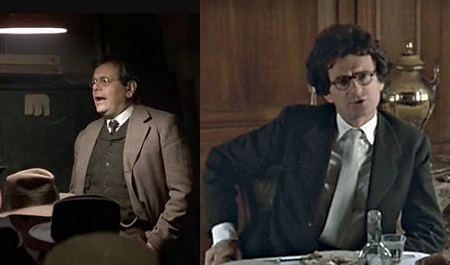
There is so much more to the tale of Reds than what this introduction to the story of the movie does in more than three hours of movie. Airport Friend rates the movie in the top ten movies he has ever seen. I grant the movie Reds and directed and partly written by Warren Beatty 4.25-stars on a scale of 1-to-5.
Matt – Wednesday, August 16, 2023


